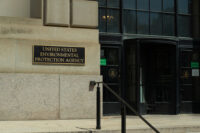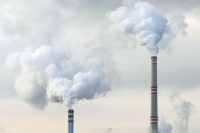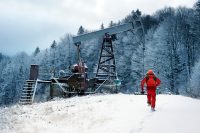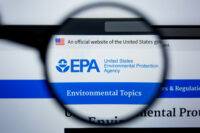Are California’s Clean Vehicle Waivers in Jeopardy Under the Trump Administration?
In a letter dated January 13, 2025, the California Air Resources Board (CARB) withdrew its request for a Clean Air Act (CAA) waiver for its Advanced Clean Fleet Regulation. The original request sought a waiver to allow the state to enact rules to require all medium- and heavy-duty trucks operating within the Golden State to […]










